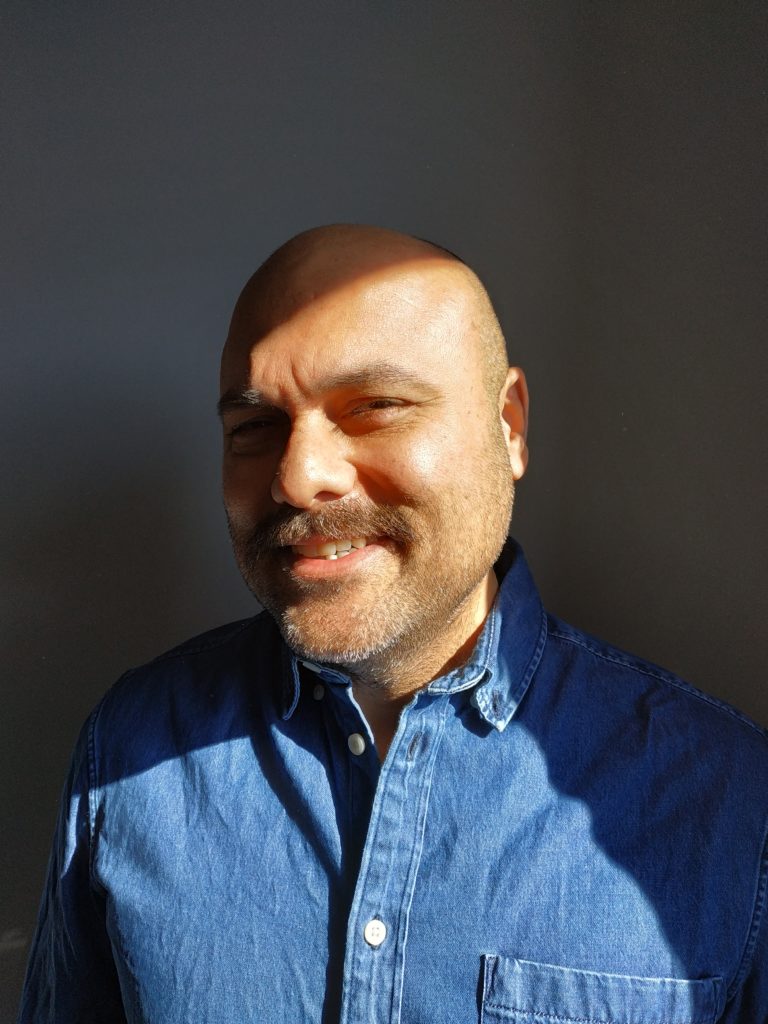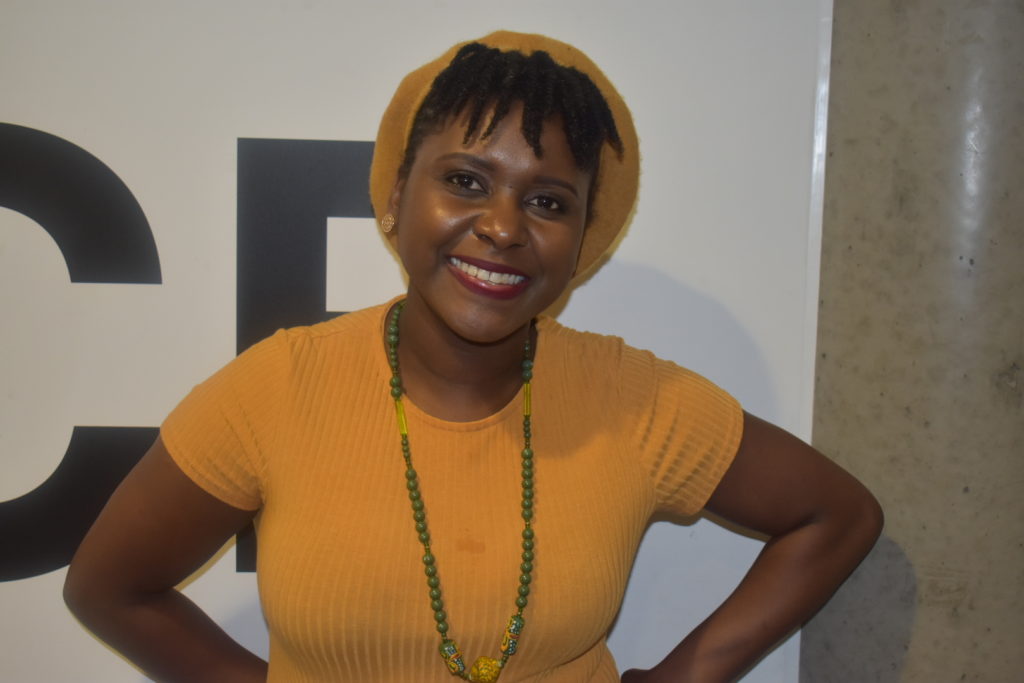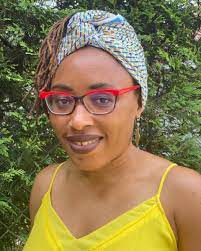Congratulations, 2022 Winners!

Dr. Salman Hussain
Hijra Human Rights in Pakistan: ‘Third Gender’ and Embodied Identity
Drawing on my previously published legal histories of third gender in Pakistan (Hussain 2019), I explore the consequences of the historic and hard-fought 2009 legal victory for third gender personhood among hijras (non-heteronormative, non-binary persons) in Pakistan. Through community-engaged research in two major cities, Islamabad and Peshawar, my project unpacks the contradictory ways the new legal landscape for third gender persons, combines with the medicalization of juridical personhood, to shape contemporary hijra advocacy in a majorityMuslim national context.
My own exploratory research (Hussain 2019) suggests that the 2009 Pakistan Supreme Court legal decision recognizing ‘third gender’ persons brought about new rights for ‘third-gender’ persons but also new forms of medical dominance in determining who has access to third gender legal personhood. Carried out in collaboration with the Shemale Association For Fundamental Rights (SAFFAR), the major hijra advocacy organization in Pakistan, my project will shed new light on embodied – and often medicalized – practices of hijra identity in the aftermath of a major legal victory with contradictory consequences for hijra legal personhood and advocacy. The contemporary intersections among jurisprudence, medical expertise and hijra embodied identity in Pakistan, understudied in the South Asian context, is thus the focus of this research.
Dr. Ruth Murambadoro
Women’s Politics in Zimbabwe: Aftermath of the 2013 Constitution

In 2023 Zimbabwe will celebrate its 10th year anniversary commemorating the adoption of a new Constitution on 22 May 2013. Despite adopting a new constitution, violence has remained rampant, the rights of women have been suppressed, and the state has transitioned to military rule following a coup in November 2017 (Zambara 2019). Before, during and after the writing of the 2013 Constitution, women have suffered from violence. Yet there is limited scholarship that provides a gendered perspective on violence faced by women in Zimbabwe’s masculine hegemonic political processes (though see Chitando 2019, Eppel 2006, Machakanja 2016, Murithi and Mawadza 2015, and NdlovuGatsheni and Benyera 2015). Hence, the study engages with women in the Women’s Coalition of Zimbabwe, a forum and network for women’s rights activists, directly involved in addressing gendered violence effected on their bodies by the post-colonial state, focussing on the period directly before and after the 2013 Constitution.
Focusing on women movements as sites of resistance to hegemonic masculinities, the study offers a gendered lens to the post-colonial state in Zimbabwe to broaden understandings of violence perpetrated against women—a constituency that remains marginalized by political concessions that undermine their political agency and their ability to live free from violence. Questions of justice and peacebuilding are central to global security, and that conflicts ravaging post-colonial African states pose a threat to the global community, this study brings essential insights on women and conflict that are relatable to both the African and world context.

Dr. Julie Vig
Negotiating New Spaces in the Margins: Queer Sikhs' Religiosity in Toronto
Drawing on my earlier research on Sikh women in Montreal, I am exploring how queer Sikhs negotiate gender and sexual identities in relation to Sikh traditions and communities. As a scholar trained in the early Sikh manuscript tradition, I am able to bring the insights of textual study into conversation with the anthropology of diasporic Sikhism.
The unique contribution of this project is that it complicates contemporary and historical accounts of gender and sexual identities within the Sikh tradition and move beyond gender binary and heteronormative discourses. Given that Sikh communities comprise a significant part of the Canadian and Torontonian cultural and religious landscape, this preliminary work will serve pedagogical and public interests in Canada to build broader understanding of the gender and sexual diversity within the Sikh community in Toronto.
Dr. Rose Ndengue
African feminist and Afrofeminist politics for epistemic justice and social change
English translation follows

The Coordination Féministe Camerounaise (CFC – Cameroun Feminist Coordination) is a platform tLa Coordination Féministe Camerounaise (CFC) est une plateforme qui regroupe 5 organisations féministes camerounaises, dont 4 sont basées au Cameroun et travaillent en zone urbaine et dans les zones rurales (« Sourires de Femmes », « Wake-Up Ladys », « Elles rayonnent ensemble », « Je m’engage Cameroun »), et une basée dans la diaspora (« Femmes Actantes »). Elle a été co-fondée en septembre 2021 par des activistes et des chercheuses féministes camerounaises (dont moi), dans le cadre d’une mobilisation qui réclamait justice pour Mirabelle Lingom, une jeune femme camerounaise victime de violences sexistes et sexuelles décédée brutalement dans des conditions obscures. L’objectif de la plateforme est d’élaborer des outils permettant de pallier l’extrême fragmentation du mouvement féministe camerounais qui l’affaiblit, et réduit son impact dans l’espace des mobilisations pour les droits des femmes. C’est dans ce cadre que s’inscrit le projet de recherche-action présenté ici.
Ce projet met en valeur les associations et initiatives féministes locales, en encourageant la création de contenus numériques locaux. Il contribue à la décolonisation des savoirs à travers une co-production des savoirs et des outils de lutte entre chercheuses et militantes. Il fait partie d’un programme de recherche plus large que je mène actuellement sur la justice épistémique et la transformation sociale grâce à la production à la valorisation des savoirs féminismes noirs. Prolongeant le travail pionner mener par P. Hills Collins ma recherche vise à enrichir la cartographie des féminismes noirs en la décentrant non seulement de l’hégémonie occidental, mais également universitaire, dans la production des savoirs. A cet égard, ma recherche participe une documentation croisée des mobilisations d’Africaines vivant sur le continent africain et en disapora, et des circulations militantes et des savoirs entre les deux pôles.
Translation
The Coordination Féministe Camerounaise (CFC – Cameroun Feminist Coordination) is a platform that regroups 5 feminist organizations in Cameroun or the diaspora ; four of these are based in Cameroun where they work in both urban and rural areas (« Sourires de Femmes » or Women’s Smiles”, « Wake-Up Ladys », « Elles rayonnent ensemble » or “We Shine Together”, « Je m’engage Cameroun » or“Cameroun, Count Me In!” ), and one based overseas (« Femmes Actantes » or “Women Acting”). The CFC was cofounded in September 2021 by feminist activists and researchers from Cameroon (including myself), as part of the movement which seeks justice for Mirabelle Lingom, a young women in Cameroon who was a victim of terrible sexist and sexual violence who died brutally in conditions that have never been elucidated. The aim of the platform is to create tools that will ameliorate the extreme fragmentation of the feminist movement in Cameroon, since this fragmentation weakens and reduces the movements impacts as it advocates for the rights of women. It is in within this overall ambition that this research-action project is presented here.
This project amplifies local feminist organizations and initiatives, encouraging the creation of local digital context. It contributes to the decolonization of knowledges through the co-production, by both researchers and activists, of knowledges and tools for advocacy. This project is part of a larger programme of research that I am currently understaking on epistemic justice and social transformation, rooted in the valorization of Black feminist knowledges. Contributing to the pioneering work of P. Hill Collins my research seeks to enrich Black feminist cartographies in decentering not only Western hegemony, but also the hegemony of the university, in the production of knowledges. In this respect, my research participates in a documentation that takes into account both continental African struggles and those in the diaspora, and the circulation of activists and knowledges between the continent and diasporic communities.
